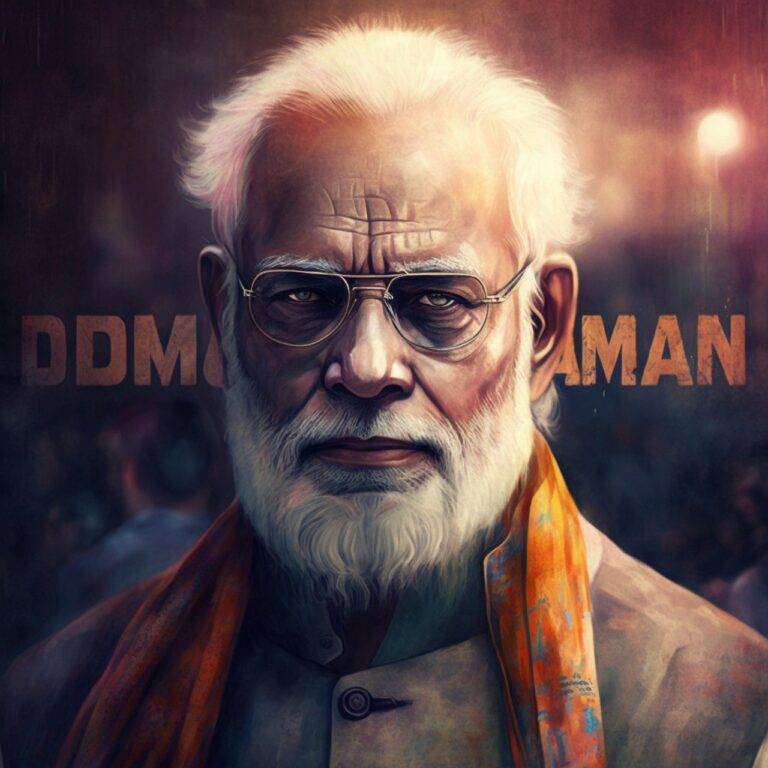The Impact of Election Results on Legal Reforms
In the upcoming elections, several key legal reforms hang in the balance. The outcome of this crucial political moment has the potential to shape the future landscape of our legal framework. Citizens are closely watching to see how these reforms will be addressed by political candidates vying for office.
The issues at stake span a wide range of legal topics, from criminal justice reform to healthcare regulations. Each reform holds significance for different groups within society, prompting heated debates and discussions on the campaign trail. As voters prepare to cast their ballots, the fate of these legal reforms remains uncertain, adding an extra layer of complexity to the electoral process.
Historical Precedents for Legal Reforms Post-Election
Following contentious elections, countries have often witnessed significant legal reforms as a means to address any shortcomings and restore public trust in the democratic process. For instance, in the aftermath of the 2000 U.S. presidential election, the Help America Vote Act was enacted to improve election administration and address voting irregularities.
Similarly, in Kenya after the disputed 2017 presidential election, a task force was established to recommend legal reforms aimed at enhancing the electoral process and preventing future electoral crises. These historical precedents highlight the importance of post-election legal reforms in ensuring transparent and fair electoral systems that uphold democracy and the rule of law.
In the wake of the 2019 general elections in India, the Election Commission introduced several legal reforms to enhance transparency and accountability in the electoral process.
Following the 2004 presidential election in Ukraine, legal reforms were implemented to strengthen safeguards against electoral fraud and manipulation.
After the 2018 parliamentary elections in Malaysia, significant legal changes were made to improve campaign finance regulations and combat corruption in politics.
Potential Changes to Legal Framework Based on Election Outcomes
As elections approach, the potential changes to the legal framework loom large. The outcome of the elections could bring about shifts in existing laws and regulations, shaping the future direction of policies and practices. The candidates’ platforms and promises regarding legal reforms will be closely scrutinized by voters, as the decisions made post-election could have far-reaching implications for society.
The possibility of new legislation being introduced or existing laws being amended is dependent on the electoral results. Different political parties and candidates may have contrasting views on key legal issues, such as criminal justice reform, immigration policy, or environmental regulations. The electorate’s decision at the polls will ultimately determine the trajectory of the legal system and its impact on the lives of individuals and communities.
What are some key legal reforms that could be at stake in the upcoming elections?
Some key legal reforms that could be at stake in the upcoming elections include changes to healthcare laws, immigration policies, criminal justice reform, and environmental regulations.
Are there historical precedents for legal reforms being implemented post-election?
Yes, there have been several instances in history where significant legal reforms were implemented following an election. For example, the Civil Rights Act of 1964 was a result of the election of President Lyndon B. Johnson.
How might the legal framework change based on the outcomes of the upcoming elections?
Depending on the outcomes of the elections, there could be changes to existing laws and regulations in various areas such as healthcare, immigration, criminal justice, and the environment. These changes could be enacted through new legislation or executive orders.
What factors could influence potential changes to the legal framework following the elections?
Factors that could influence potential changes to the legal framework following the elections include the political party in power, the priorities of the newly elected officials, public opinion, and the composition of the legislative branch.






